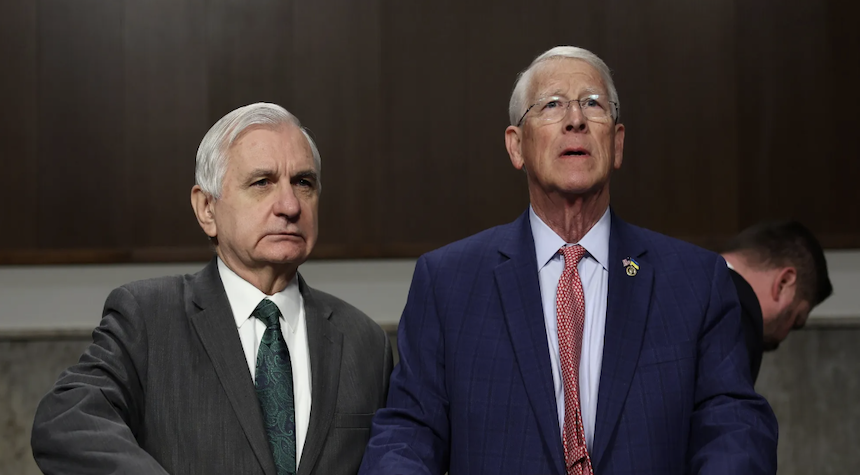Defense Secretary Pete Hegseth, a man who’s no stranger to the rough and tumble of Washington politics, has come out swinging. He’s calling the Pentagon inspector general’s probe into the use of Signal to share military plans “a sham, conducted in bad faith and with extreme bias.” Now, those are fighting words if I’ve ever heard them, and I’ve heard my share.
The Pentagon’s chief spokesman, Sean Parnell, didn’t mince words when he told The New York Times this investigation was nothing short of “a political witch hunt by Biden administration holdovers.”
We’ve got Senators from both sides of the aisle, Roger Wicker and Jack Reed, expressing their concerns about this Signal group chat involving Trump administration bigwigs. It’s rare to see these two agree on anything, which tells you just how serious this matter is.

The question that keeps bouncing around my mind is this: Is this truly a witch hunt, or are we seeing the last gasps of accountability in our halls of power? Senator Reed, steady as an old oak in a storm, reminds us that “The civilian leadership of the Department of Defense is not above the law.” That’s a principle as American as apple pie and just as essential to our democracy.
Consider this perspective for a moment. We’ve got reports of classified information being shared on an unclassified app, discussions about military strikes being had in chat groups that include family members and personal lawyers. If that doesn’t raise your eyebrows, they must be painted on.
This isn’t just about one app or one group chat. It’s about the very foundations of our national security and the integrity of our military decision-making process. How we handle this controversy could echo far beyond the Pentagon’s five sides.
What we know for certain is this: in the world of national security, loose lips don’t just sink ships – they can start wars. And in this digital age, those lips might just be our fingertips tapping away on a smartphone screen.

